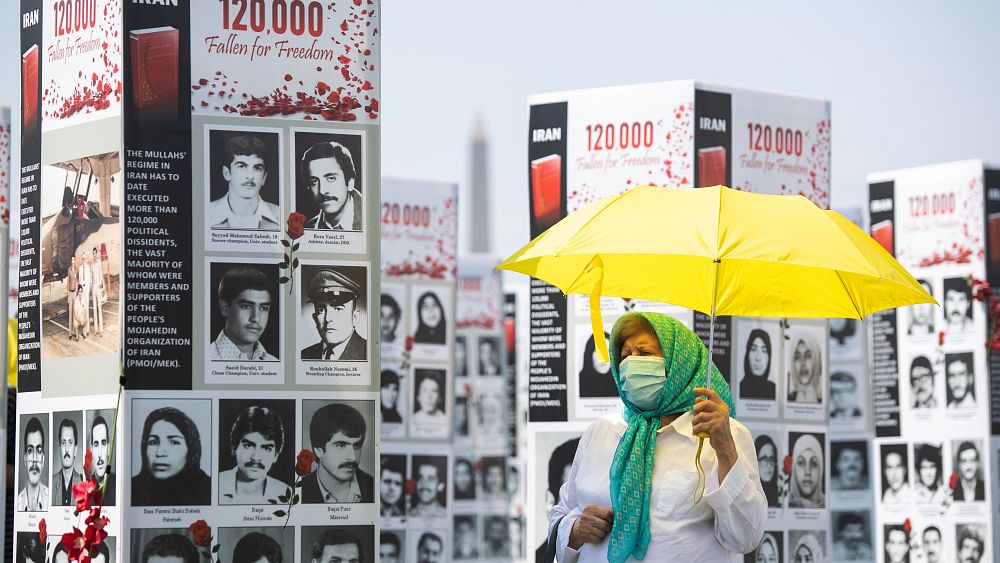
Swedish public prosecutors said on Tuesday they have charged an Iranian citizen with participating in mass executions and war crimes during the final phase of the Iran-Iraq war in the 1980s.
The Swedish Prosecution Authority said the suspect worked in July-August 1988 as an assistant to the deputy prosecutor in the Gohardasht prison outside the Iranian city of Karaj and allegedly took part in severe atrocities there.
During the eight-year Iran-Iraq conflict, Iran was subjected to attacks by the People’s Mujahedin of Iran, a political-militant organisation, which advocated overthrowing the leadership of the Islamic Republic of Iran and installing its own government.
The Swedish prosecutors said Iran’s then supreme leader, Ayatollah Khomeini, issued an order for the execution of all prisoners in Iranian jails who sympathised and remained loyal to the Mujahedin organisation.
Due to that order, a large number of prisoners were executed in the Gohardasht prison between July 30 and August 16, 1988, the prosecutors said.
Suspect denies involvement
According to a Swedish indictment, the suspect “along with other perpetrators in the prison, participated in mass executions and is suspected of having intentionally deprived the lives of a very large number of prisoners who sympathised with the Mujahedin.”
The suspect has been identified as Hamid Nouri, a 60-year-old former Iranian prosecutor.
“Our client denies all claims of involvement in the alleged executions of 1988,” his attorney Thomas Söderqvist told AFP.
Swedish public broadcaster SVT said the man was arrested in November 2019 when he arrived to the Swedish capital, Stockholm, and has been held in custody since.
Prosecutors accuse the suspect of subjecting prisoners to severe suffering that amounts to torture and inhumane treatment, the indictment said.
‘Universal jurisdiction’
War crimes “are one of the most serious crimes both internationally and under Swedish law. Because Sweden has universal jurisdiction for violations of international law, we have both an opportunity but also a certain obligation to prosecute these crimes,” prosecutor Kristina Lindhoff Carleson said in a statement.
The trial is set to start on August 10 and is expected to last for several months.
Amnesty International has noted previously that no Iranian official has faced charges over the mass 1988 executions.
“This is such an incredibly important event for us: all the mothers, fathers, families and other relatives of people who have fallen victim to the Iranian regime,” Iraj Mesdaghi, a key witness in the trial, told the Swedish news agency TT. ” These crimes have never been tried before, I’m very grateful that it is finally happening.”
Mesdaghi, one of the plaintiffs in the court case, was a political prisoner in Iran in 1988, TT said.
A sensitive case
Iranian state and semiofficial media didn’t acknowledge the charges on Tuesday.
The case is highly sensitive, considering that top Iranian officials including current president Ebrahim Raisi have been accused of taking part in the atrocities.
Amnesty says Raisi sat on an entity known as the Tehran ‘death panel’ or ‘death commission’ to decide prisoners’ fates based on their political allegiances.
Raisi is sanctioned by the United States for his part in the 1988 killings. He is also sanctioned by the European Union over human rights violations.
He has accepted that he sat on the Tehran panel, but denied having a major role in the decisions it took.